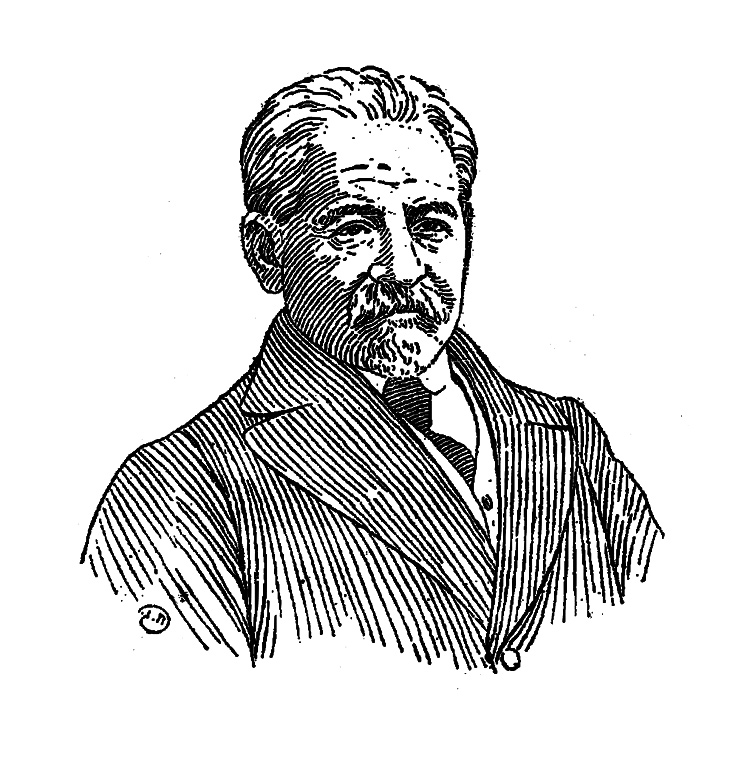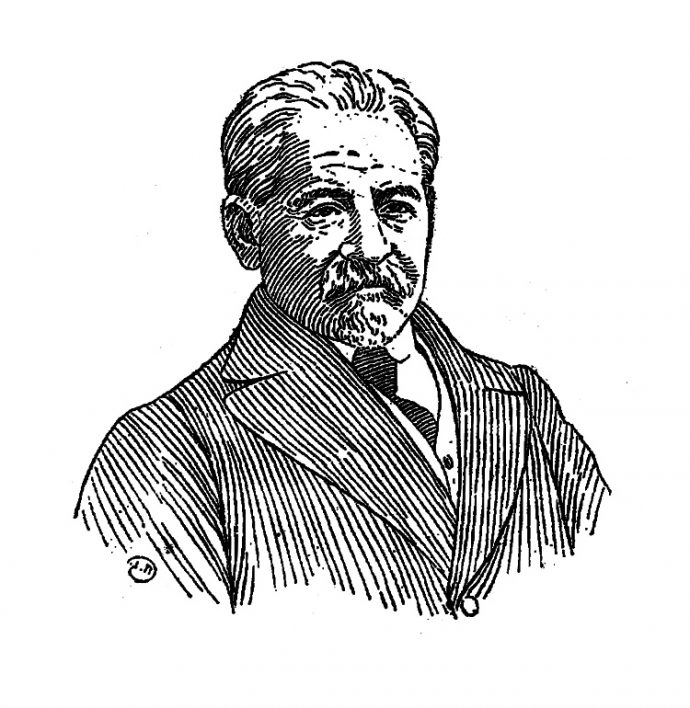
I wonder how Jacob Dinezon would react to this website: an homage to one of the most respected Yiddish writers of the 19th century from a Jewish storyteller of the 21st century?
Who would have imagined over ten years ago that someone from North Carolina would come along and, quite by accident, rediscover one of the most significant figures in the development of modern Yiddish as a literary language?
And who would’ve imagined that the search for “Uncle Dinezon” would lead to such a fascinating and life-changing journey into Jewish literature, culture, and values?
The story of how it all came about is quite amazing, and over time, I hope to share it with you and offer some insights gleaned along the way.
For now, I leave you with an excerpt from a letter that Sholem Aleichem wrote to Jacob Dinezon in 1909. This “thank you note” translated from the Yiddish in The Sholom Aleichem Panorama by Sholem Aleichem’s son-in-law, I. D. Berkowitz, convinced me that Dinezon was a far more important figure than the available English-translated research seemed to indicate, and began our quest to learn more about “Uncle Dinezon.”
There is somewhere in the city of Warsaw, a tiny, spare, graying, little man with tiny but spotlessly clean little hands, with a little graying beard—it once was reddish—and with kindly eyes forever smiling, even when moist with tears. . . .
He smokes little cigarettes rolled with his own little fingers; he drinks his own tea, made in his own little teapot; and he always sits on the same chair at the table, where he keeps hidden in a most unusually well-organized fashion, other people’s secrets, other people’s troubles, and other people’s anguish, which he holds so close to his uncommonly big heart.
And this good uncle is called Uncle Dinezon.
—Sholem Aleichem
